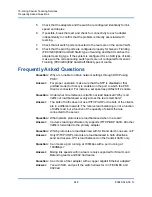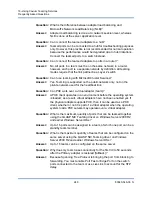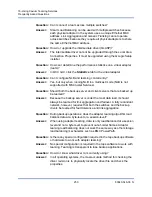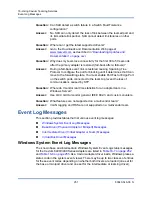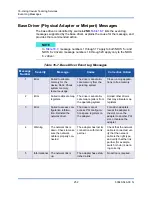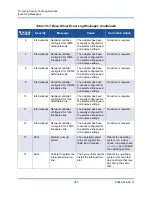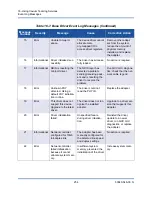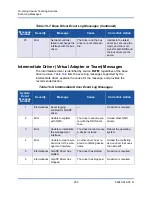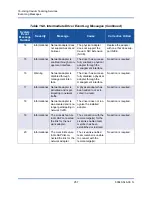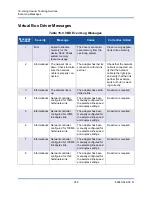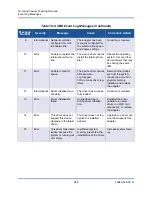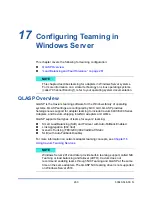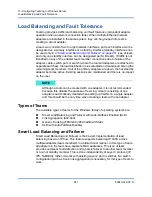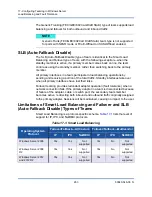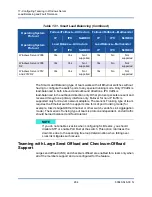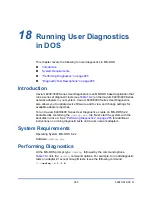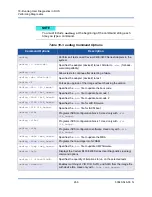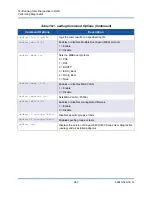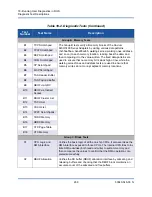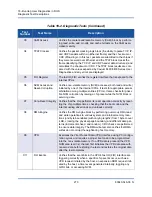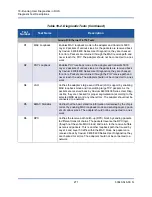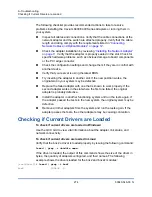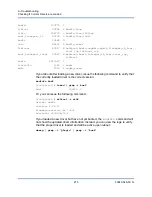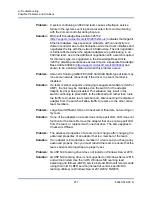
17–Configuring Teaming in Windows Server
Load Balancing and Fault Tolerance
262
83840-546-00 N
Link Aggregation (802.3ad)
This mode supports link aggregation and conforms to the IEEE 802.3ad (LACP)
specification. Configuration software allows you to dynamically configure which
adapters you want to participate in a specific team. If the link partner is not
correctly configured for 802.3ad link configuration, errors are detected and noted.
With this mode, all adapters in the team are configured to receive packets for the
same MAC address. The outbound load-balancing scheme is determined by our
QLASP driver. The team link partner determines the load-balancing scheme for
inbound packets. In this mode, at least one of the link partners must be in active
mode.
Generic Trunking (FEC/GEC)/802.3ad-Draft Static
The Generic Trunking (FEC/GEC)/802.3ad-Draft Static type of team is very similar
to the Link Aggregation (802.3ad) type of team in that all adapters in the team are
configured to receive packets for the same MAC address. The Generic Trunking
(FEC/GEC)/802.3ad-Draft Static) type of team, however, does not provide link
aggregation control protocol (LACP) or marker protocol support. This type of team
supports a variety of environments in which the adapter link partners are statically
configured to support a proprietary trunking mechanism. For instance, this type of
team could be used to support Lucent’s OpenTrunk or Cisco’s Fast EtherChannel
(FEC). Basically, this type of team is a light version of the Link Aggregation
(802.3ad) type of team. This approach is much simpler, in that there is not a
formalized LACP. As with the other types of teams, the creation of teams and the
allocation of physical adapters to various teams is done statically through user
configuration software.
NOTE
If you do not enable LiveLink when configuring SLB teams, disabling
STP or enabling Port Fast at the switch or port is recommended. This
minimizes the downtime due to spanning tree loop determination when
failing over. LiveLink mitigates such issues.
TCP/IP is fully balanced and IPX balances only on the transmit side of
the team; other protocols are limited to the primary adapter.
If a team member is linked at a higher speed than another, most of the
traffic is handled by the adapter with the higher speed rate.
NOTE
Link aggregation team type is not supported on ports with NPAR mode
enabled or iSCSI-Offload enabled. Some switches support FCoE-Offload in
LACP teaming mode. Consult your switch documentation for more
information.

